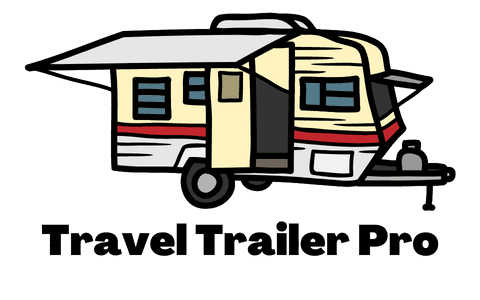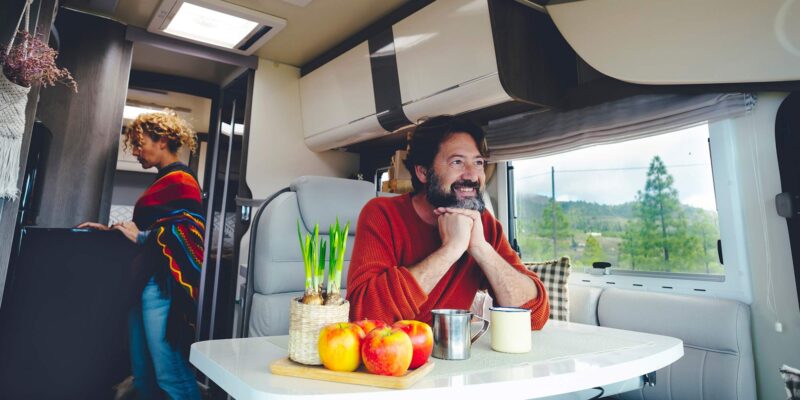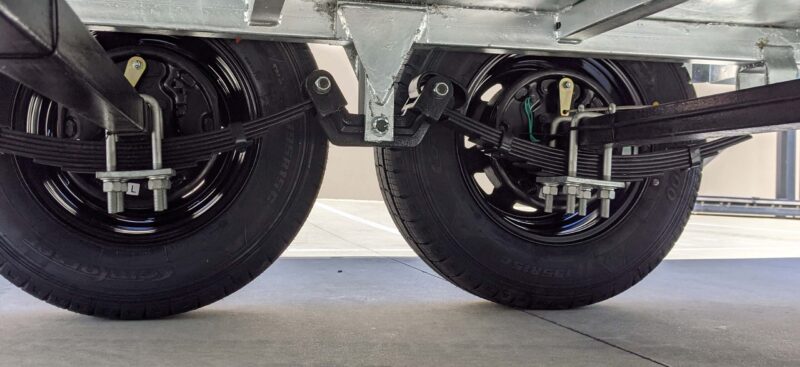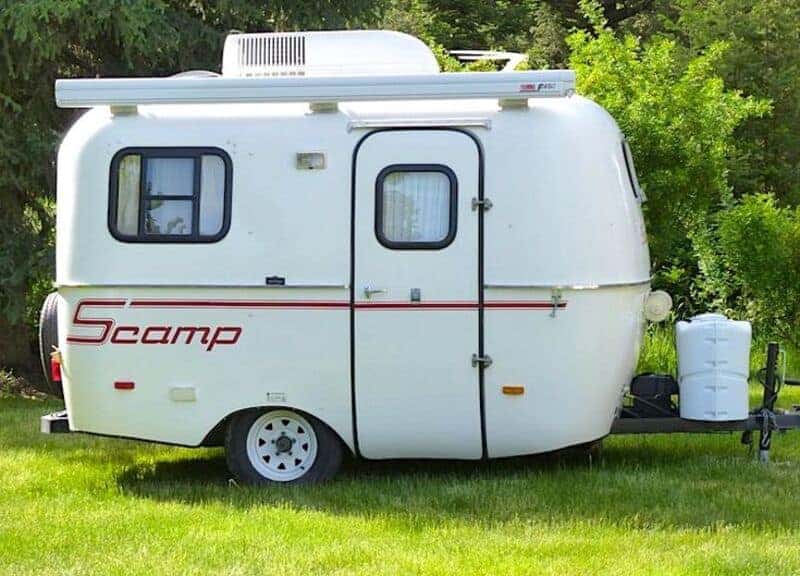If you are thinking about full-time RV living, you probably have so many questions on your mind. It all comes down to, “Should I do this?” So many people dream of going full-time in their retirement or when they have enough money.
There is always a reason to wait or put it off. I understand. It’s scary to jump out and start full-time RV living.
My husband and I were in our mid-50s with no retirement income, when we said to ourselves, “Why wait.” Seeing the country and traveling was something we wanted to do. Putting it off wasn’t the answer for us.
We decided to make the crazy leap in September of 2018 and by December of that same year, we had sold, donated, or stored all our worldly possessions and were living in our 37-foot Grand Design Reflection travel trailer. We were stationary for around 8 months before we took the final leap into traveling full-time.
I don’t necessarily recommend that you follow our example but check out our 10 questions to ask before you make your move to full-time.
Is Full-Time RV Living Right For You?
Full-time RV living is a great lifestyle for many people. It provides the freedom to work when you want if you need to earn money, travel when you want, and spend time with family and friends. You won’t ever be lonely if you enjoy making new friends. There’s always someone to meet and you will end up making lifelong friends.
There are also challenges to full-time RV living. Are you able to live in a much smaller space, with limited storage? How will you cope with living with your partner or spouse and being together ALL the time? Some enjoy having time away from each other. How will you manage that?
It’s difficult to know for sure what your response will be to the challenges of RV living until you are in the situation. If possible, rent an RV for a week or so and get an idea of what your personal challenges might be. In the end, do an honest assessment before jumping in.
For us, our biggest challenge was finding ways to earn money while we enjoyed this beautiful country. We started work camping in 2019 and have found this to be a good way to earn money. Of course, our expenses are lower, but we have worked hard to manage our money.
10 Questions to Ask Before Starting Full-Time RV Living
Every person’s situation will be unique but there are some common questions and concerns most people will have.
If you are thinking about coming over to the full-time RV living side of things these 10 questions should be looked at and answered honestly.
1. Should You Sell Your House?
This question is at the top because it’s probably one of the toughest questions to answer. We were lucky to be only renting at the time we started. Still, downsizing was one of the hardest parts of the journey for me.
If you choose not to sell your house, you can always rent it out, or live in it seasonally. When the urge to get off the road hits, you will have somewhere to live.
2. What Type and Size RV is Realistically Needed?
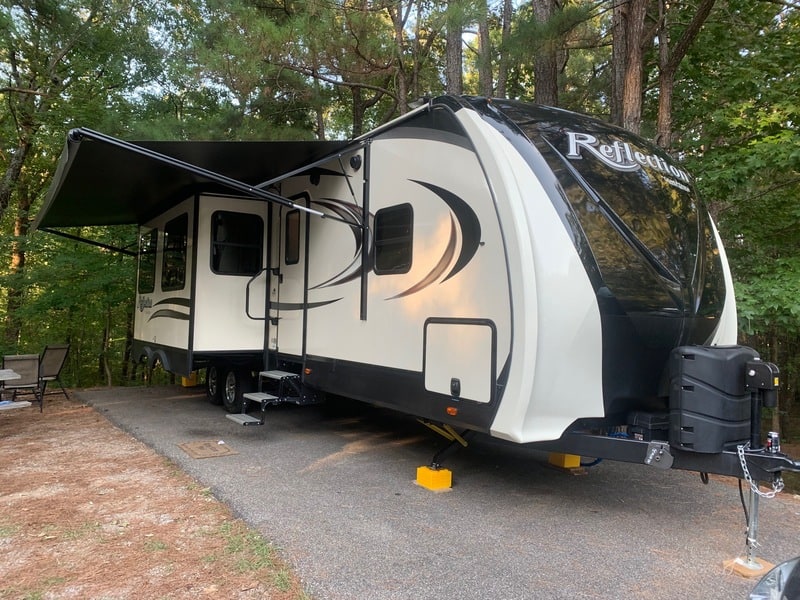
Realistically, you can live in any size RV. It all depends on what your needs and wants might be. Most full-time RVers prefer to have amenities such as a full bath and ample storage.
You might want to consider opting for more space if you have children, or plan to entertain grandchildren or family members from time to time. If you are a solo RVer, a teardrop trailer or maybe a van might be perfect for you.
We chose a bunkhouse model for our first travel trailer. We used the bunkhouse for an office and storage. It was perfect for us, and I never felt cramped or uncomfortable. The whole idea of RVing is not to spend all your time inside, but to get out in nature, right?
3. Where Will You Stay?
As you plan your RV life, you must decide what you want to do. Do you want to travel? Do you want to work camp? Will you want to remain stationary for most of the year? The answer to this question will determine where you stay.
If you are the adventurous type and want to boondock a lot, you might choose to stay at Harvest Host properties of BLM land. If having hookups is more important to you, then you might want to visit fancy RV resorts with plenty of amenities. A state park with partial hookups might be a great option.
Mike and Susan, who own TravelTrailerPro and RVBlogger, chose to join Thousand Trails to save money and reduce their overall campground costs each year. And many full time RVers have joined Thousand Trails as well.
4. What Will You Be Doing for Work?
There are plenty of options for work when you full-time RV. You can choose to work camp like we did. Check out workamping.com for available seasonal positions. These can include camp hosting, taking reservations, providing security, or checking in guests. Our first position was putting up high-end Christmas lights.
You can also choose to have a work-from-home job. Choose one that allows you some flexibility so you won’t be tied to your desk for 8 hours a day. Areas such as accounting, customer service, writing, and many others might be just what you want.
5. Is the Rest of Your Family on Board?
If you have teenagers, you might want to make sure they are ok with your choice. Otherwise, it might be wise to wait until you are an empty nester. Is your spouse as enthusiastic as you about full timing? You will also need his/her support too.
You can’t necessarily count on your extended family being on board with your decision to full-time RV. They might even think you are crazy, but they will come around.
6. Will You Be Living in Cold Weather?
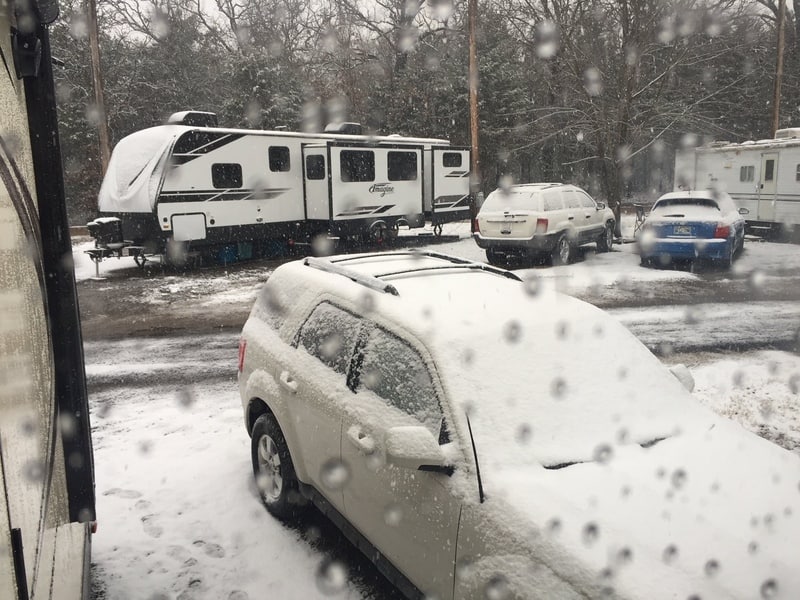
Going full-time in your RV is a great opportunity to get out of cold weather and enjoy a sunny winter.
If you choose to live in a cold weather climate, make sure and research the gear you will need to stay warm and cozy and to keep your RV from becoming a big popsicle.
7. How Much Will It Cost?
This is another important question to ponder as you consider heading out full-time in your RV. As you research, you will find a lot of different answers. For us, having a new RV and working nearly full-time year-round to pay for our lifestyle was the solution to offset costs.
We enjoyed day trips from our work locations and even took advantage of our nearness to certain areas to take a vacation. In general, we don’t travel any great long distances.
For others who want to travel and visit various tourist destinations, you will have to consider the cost of admission, gas, and wear and tear on your RV.
Of course, RV repairs are expensive so you might want to consider if you are a do-it-yourself type of person who can do your basic repairs and provide your own maintenance.
We highly recommend the video courses offered by the NRVTA and RV Education 101 so you can save a boatload of money by learning how to maintain your rig ion your own.
8. How Will You Get Mail / What’s Your Address?
How to get mail is an often-asked question from soon-to-be RVers. You have several options that work well.
You can join a membership club such as Escapees. Your mailing address will be a street address where that club exists. For example, Escapees has an address in Livingston, Texas which is where our mail went. You simply change your address through the post office, your mail arrives in Livingston and they forward it to you at your request.
So, you give them your current address to forward the mail. It might be an RV park or a UPS store, wherever you might be staying at that time.
If you use the address of friends or family, they can also forward mail to you. Wherever your address is located will be your permanent domicile. Considerations such as medical insurance, vehicle tags, license, and registration, will all be linked to that domicile state.
Florida, Texas, and South Dakota are popular states to domicile as they are RV-friendly and have no state income tax.
9. Are You Ready to Downsize Considerably?
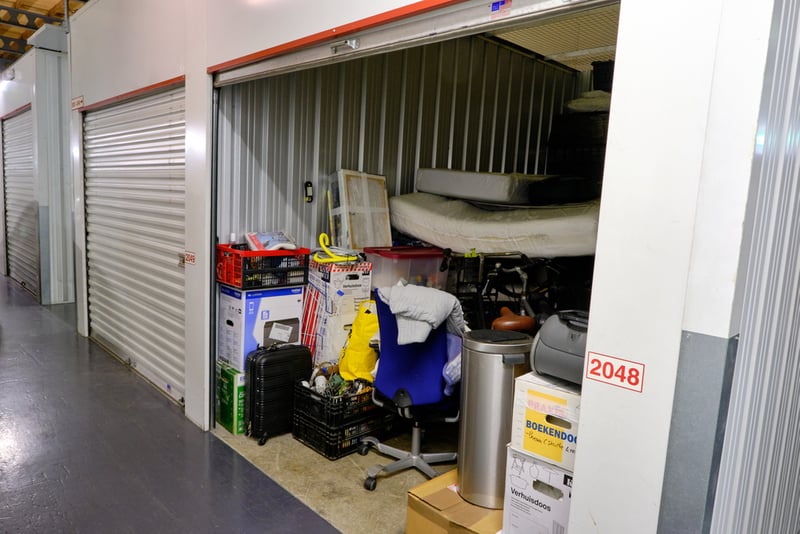
As I said earlier, downsizing was the hardest part of our RV journey. We chose not to have a storage unit, although I know many who do. All our small things were stored in a few boxes of keepsakes with photos at our respective parent’s homes.
We got rid of everything. We sold every piece of furniture, except a few family antiques that went to different relatives.
I had to settle my love of things and tell myself that it was all just “stuff.” I wasn’t going to take it with me in the end anyway. When you decide to make the leap to full-time RVing, know that everything will not be easy, but it will be worth the fun and freedom you will have in the end.
10. Will You Be Stationary or Mobile?
We were stationary with full-time “career” jobs for about 8 months before we hit the road. Whether one or the other, you must consider things such as the weather if you are stationary. Are you in Tornado Alley—Oklahoma, Arkansas, or Kansas—or somewhere that gets a lot of snow?
If you are mobile, you must consider gas, campground expenses, wear and tear on your RV, and weather considerations.
Are RVs Made for Full-Time Living?
RVs are not technically made for full-time living. When you think about your house on wheels, they are made lightweight with aluminum, fiberglass, and wood. Many won’t hold up to full timing. Even those that are 4-season, will likely have to be babied through a cold winter to keep the pipes from freezing.
You also need to do some research on your particular brand of RV. Some manufacturers could void your warranty if something breaks, and they find out you have been living in the rig full time.
However, many manufacturers are upping their floorplans and designs to consider full-timers.
What Type of RV Is Best for Full-Time Living?
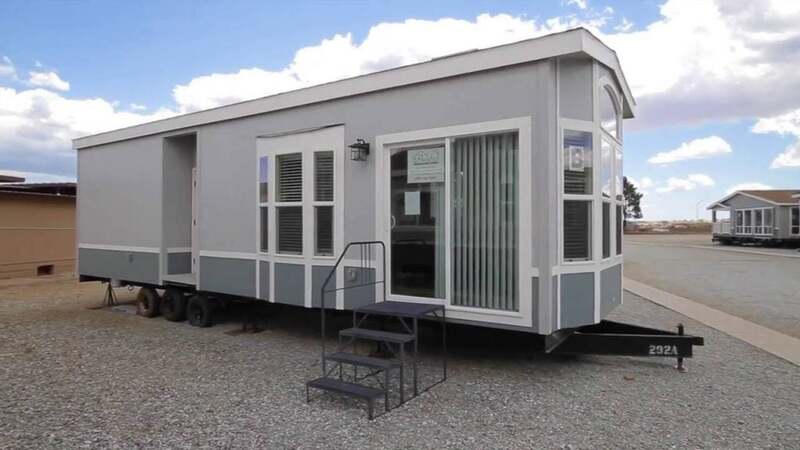
So, you have decided to full-time RV. Now it’s time to figure out just what your home on wheels will look like. There are many options out there to consider.
Do you want a travel trailer, a fifth wheel, or a motorhome? Do you have a tow vehicle, or will you need to purchase one? A Class A is a beautiful motorhome but can cost as much as a house. You might find that Class C is a great option.
Make a list of your wants and needs as you begin shopping. Can you compromise on some wants? I wanted a king-size bed but that was an amenity that I could give up.
A proper bathroom with a roomy shower was at the top of the list of our “have to haves.” I was good with using the campground laundry room but you might like a washer and dryer in your RV.
The following questions are a good place to start when you are looking for your RV.
1. Will you be stationary or traveling?
If you plan to be stationary, you might consider a park model. These can be moved but are not made to travel around the country. Like us, you might plan to be stationary for a short time, so plan accordingly.
If you plan to travel, you might want something small that you can pull with a small vehicle, such as an SUV or small truck. Maybe you want a super luxury RV that has all the bells and whistles.
2. How much room do you need?
Smaller RVs are great for a couple or solo traveler, however, if you are living in it full time, you might want to consider a travel trailer or fifth wheel.
The two of us started our journey in a 37-foot Grand Design Reflection travel trailer with a bunkhouse.
3. Is your family growing?
If you travel with kids, you want to consider an RV that will grow with your family. Trailers or fifth wheels with bunks are great for families with smaller kids. Will your older kids need more private space as they grow?
4. Will you be working from your RV?
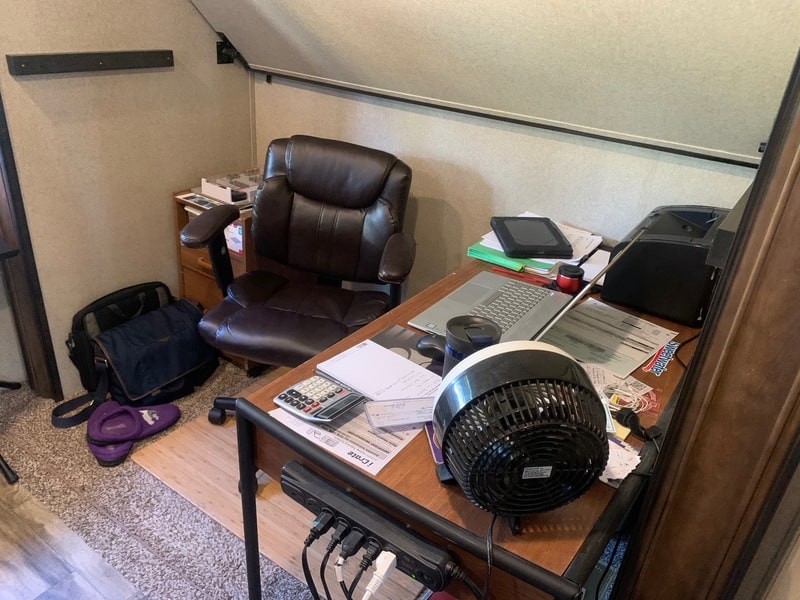
If you plan to work from your RV, a unit with a bunkhouse or even a toy hauler provides a great space to get away. Our bunkhouse served as an office when we were on the road full-time.
Final Thoughts About Full-Time RVing
The decision to full-time RV is a big one. You might be like us and decide and execute it quickly, or you might take more time to settle into the idea. Both are valid ways of approaching this life-altering decision.
Know that concerns about finances will always be there. There will always be an extra bill to pay, a tire to replace, or a fender-bender along the way. For us, we have found that we are happier and have more money set aside than we ever did when we were working our career jobs.
You might also know that everyone does their full-time RVing journey differently. When you start and when you stop is all up to you. Don’t let others dictate your journey or make you feel bad because you didn’t do it the same way.
Make the most of the season you are in right now and begin planning for the future, wherever the road may lead you.
Related Reading:
–10 Must Common Travel Trailer Repairs And How To Avoid Them
–What Is The Best Size Travel Trailer?
–8 Travel Trailers With The Best Resale Value
–12 Best Travel Trailers For Families
About the Author:
Terri Nighswonger and her husband Todd have been RVing and work camping for five years with their Cavalier King Charles Spaniel, Newton, and their Minnie Australian Shepherd, Remi.
They originate from the Midwest but plan to enjoy the West for a few years, wintering in Arizona and summering wherever the road may lead. Writing is Terri’s passion, but she also loves hiking, kayaking, walking her dogs, and anything she can do outdoors.

